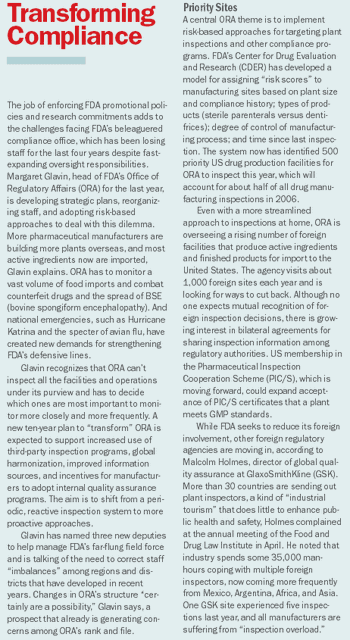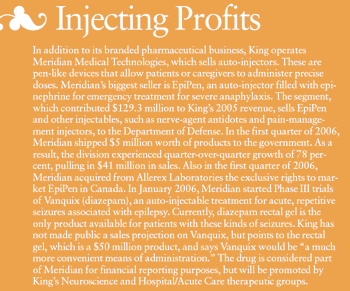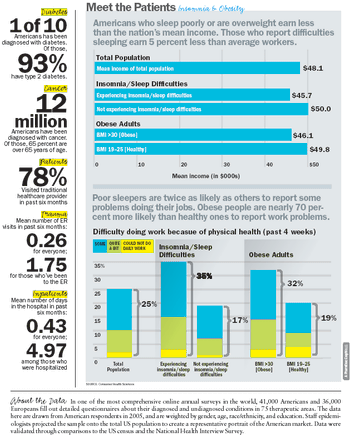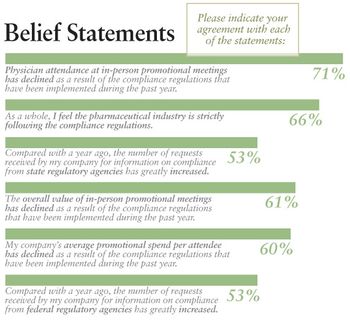
In 1981, when Pharm Exec published its first issue, the pharmaceutical world was a very different place: There was no direct-to-consumer advertising, no map of the genome, no high-speed screening of millions of compounds. The process of marketing and selling drugs was discreet and nearly invisible to the public; and sales forces, by today's standards, were minuscule. The first biotechs had just launched; and the Bayh-Dole Act, passed the year before, had begun to lay the groundwork for the explosion of research-driven university spin-off companies that transformed the face of research in the 1990s.











